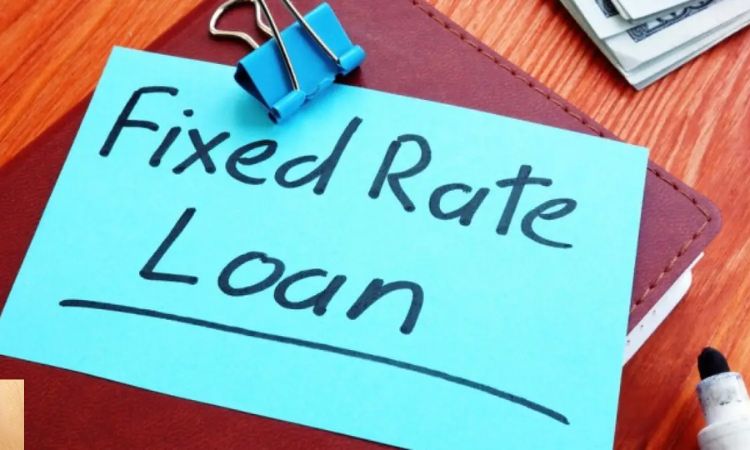The amounts that the lender charges the borrower over and above the principal amount are known as the interest rates and the Impact of Interest Rates on Business Financing is an important point of discussion. It has a significant impact on the financial environment and ultimately results in an impact on both small and large organizations. Understanding the correlation between interest rates and business financing is essential for expanding one’s business.

Entrepreneurs can discover and implement several strategies to deal with swings by acquiring knowledge about various components of interest rates and business financing. The article will examine how interest rates influence business finance and provide alternatives to these fluctuations.
Impact of Interest Rates on Business
Increased Prime Rates

Prime rates are the rates that are the lowest at which a bank can issue a loan. Prime rates are influenced by interest rates. When interest rates rise, prime rates also do likewise. Businesses can obtain loans with a cheaper interest rate to expand their business operations while interest rates are low. The monetary assistance at lower interest rates gives companies the opportunity to expand and modernize their premises for greater profitability. And as such, when interest rates increase, business owners would rather avoid taking on additional liabilities, reducing their companies’ economic standing.
Economic growth and demand

Interest rates strongly impact both consumer demand and economic growth. Prime rates decline when interest rates are low, boosting economic activity and consumption. Lower interest rates eventually result in increased consumption of goods and services, which tremendously advances the company’s profitability.
Investment decisions

Interest rates have an enormous effect on investment returns and capital money, resulting in an impact on investment decisions. Businesses tend to spend on investments and growth initiatives when loan rates are low.
Low consumer income

Consumers are adversely affected by low income as interest rates increase. As a result, they are unable to spend money on products or services due to a shortcoming in funds, which undermines business sales. Moreover, financial institutions provide fewer loans than customary since when interest rates soar, both consumers and companies are affected. Consumers tend to lavish their hard-earned money on products and services when interest rates are low.
Due to mounting unemployment and inflation, business owners are compelled to get rid of staff and provide adequate salaries to the remaining employees in order to retain them. Consequently, there is a shortage of money, which decreases business.
Difficult to obtain business loans

Long-term plans demand greater sums of money. Long-term plan loans become more expensive when interest rates rise, which lengthens the time it takes to pay back the debt. And thus affect the financing and lower income
The overall price of short-term plans similarly rises when interest rates do. Small Businesses face greater challenges since they lack financial support or anything else. Businesses are unable to provide their clients with goods and services since they lack the funds to function.
How to Prepare?
Evaluate existing debts and strengthen cash reserves
Analyze the current approach and evaluate the effect of interest rates on the probability of alterations. When interest rates skyrocket, accumulating cash reserves can be very beneficial. Cash on board might help the business to cope with an economic downturn.
Consider fixed-rate loans

Businesses can consider fixed-rate loans to protect themselves from potential interest rate volatility while interest rates are lower.
Diversify investments
The impact of interest rate fluctuations might be lessened with a diversified investing strategy.
Monitor economic indicators
Keep track of the various factors that have an impact on interest rates such as inflation rates, central bank policies, and market trends.
Market research and forecasting
Undertake an extensive study to grasp the explanation for consumer behavior and market demand. Through this enterprises may readily execute and adopt different strategies adequately.
Conclusion

Interest rates play a vital impact in business financing, investment decisions, etcetera. Interest rates fluctuate according to the state of the economy. When the economy is strong, interest rates are high and the expense of loans is higher. Banks traditionally choose borrowers for loans more carefully when interest rates are lower. Being ready for changes in exchange rates is essential for corporate growth. Understanding the relationship between interest rates and corporate profitability will help a company to adopt numerous strategies for optimal growth and accomplishment.














